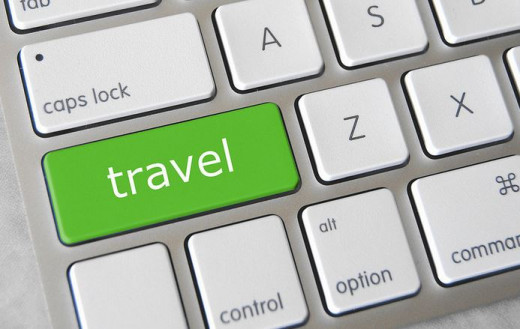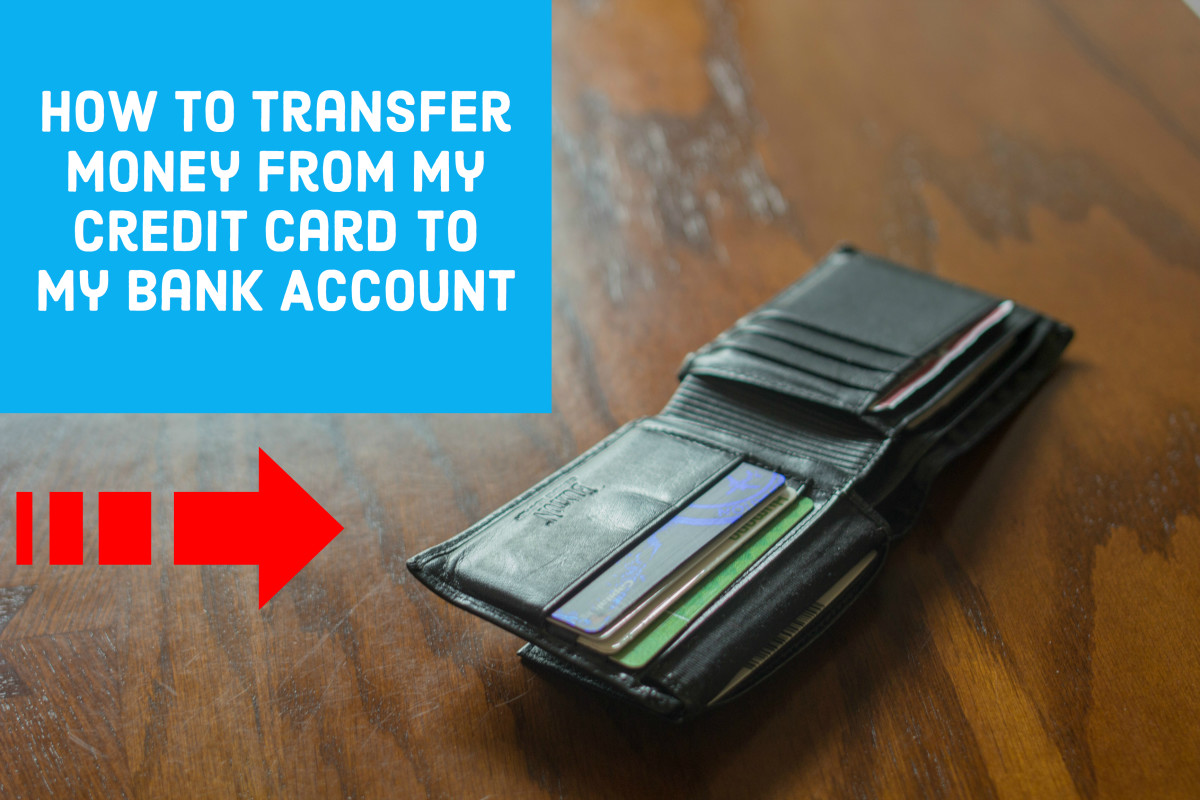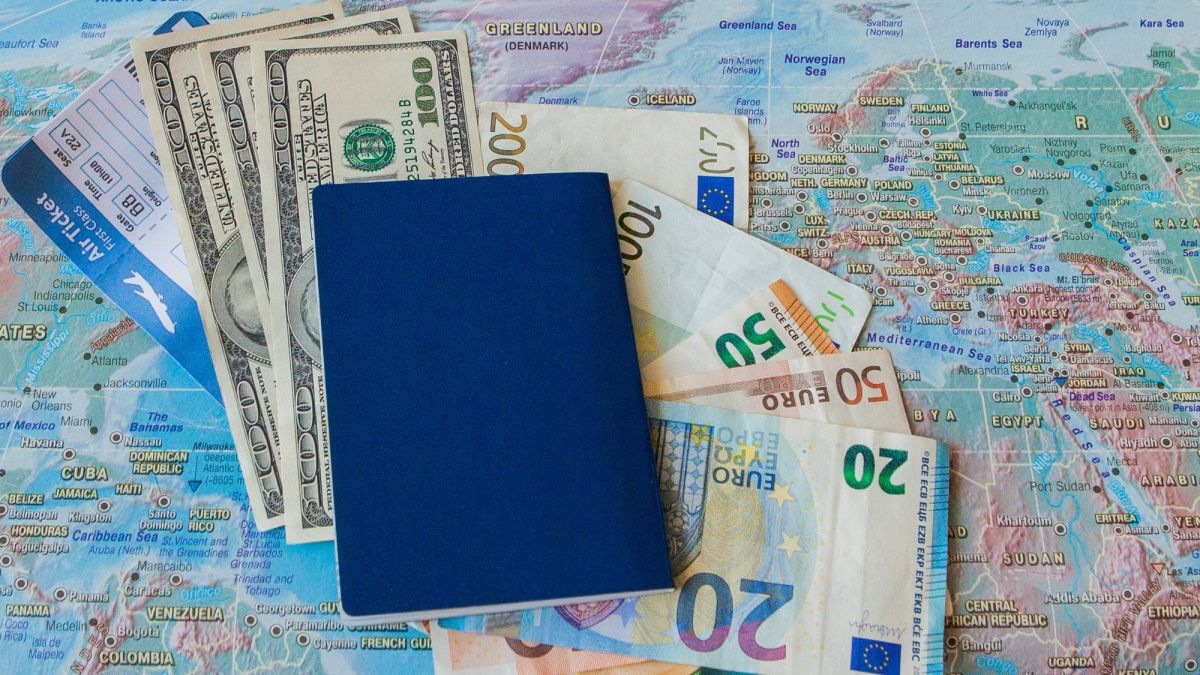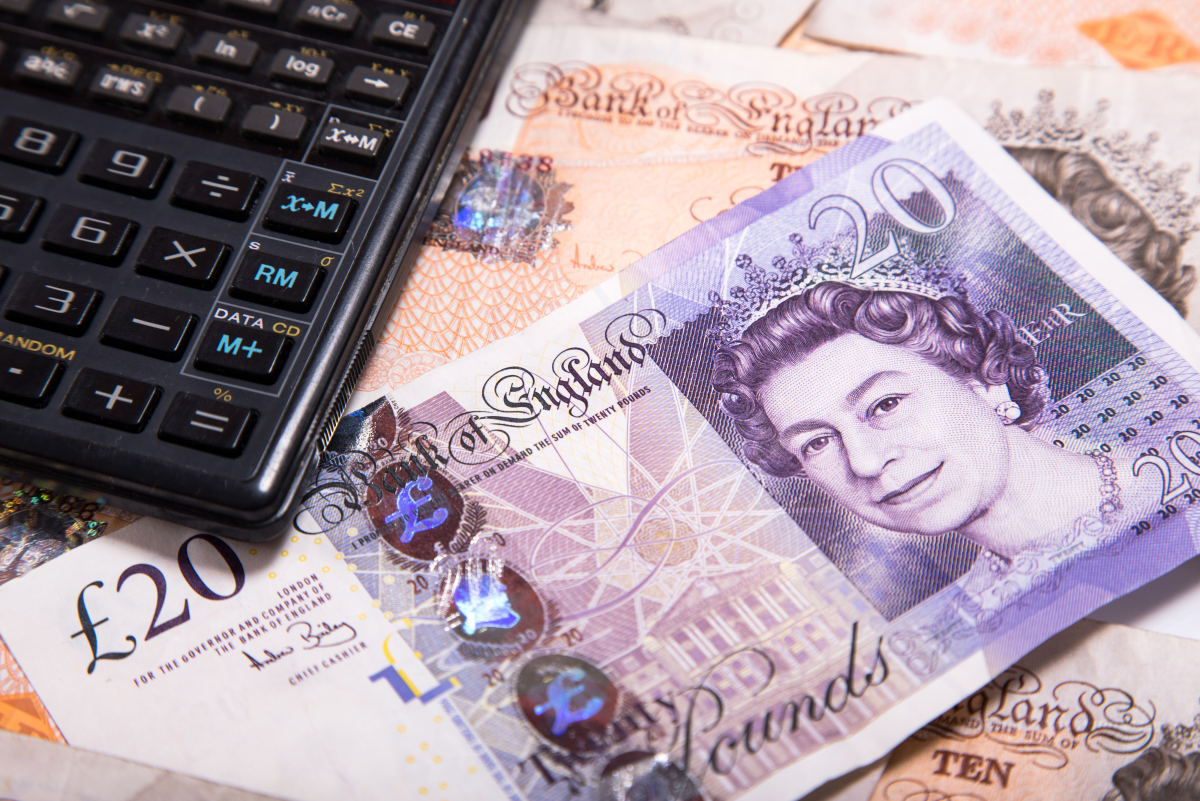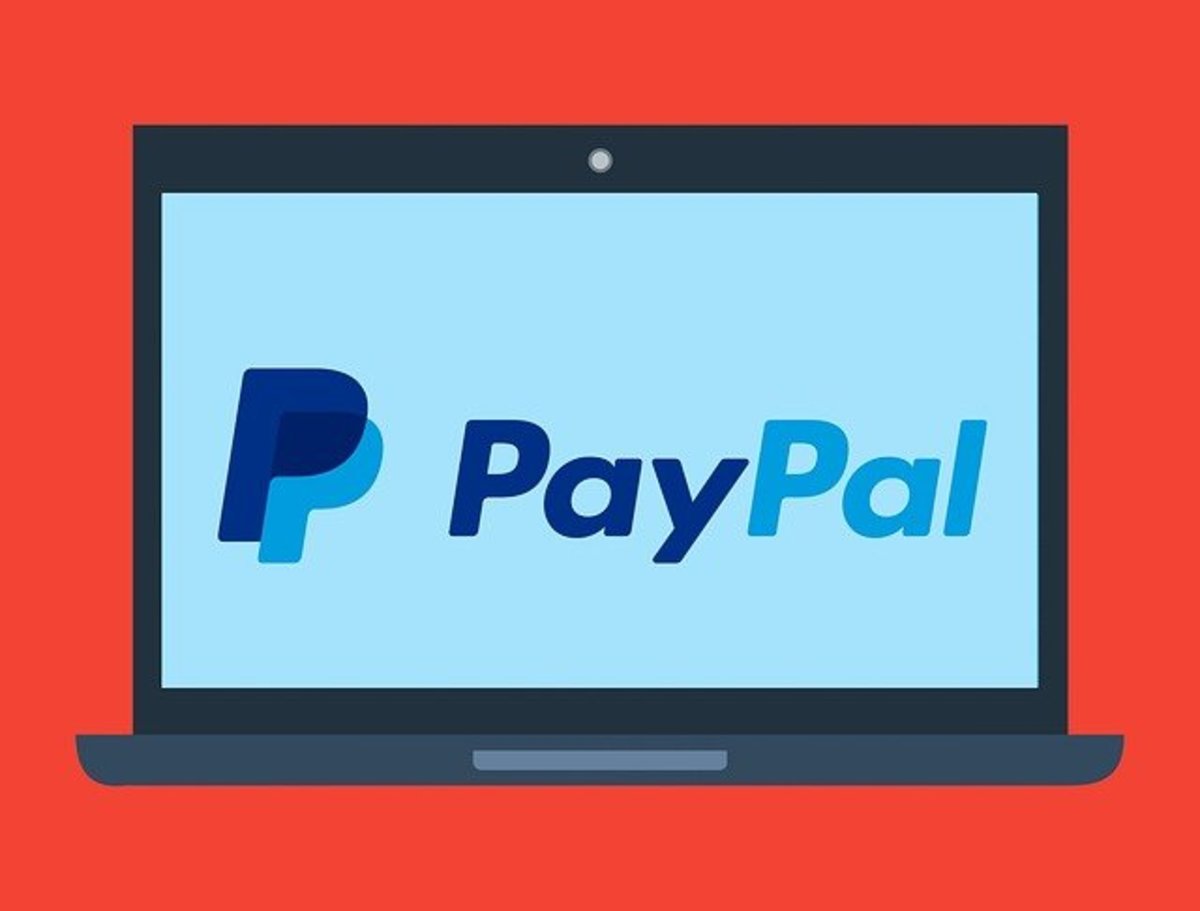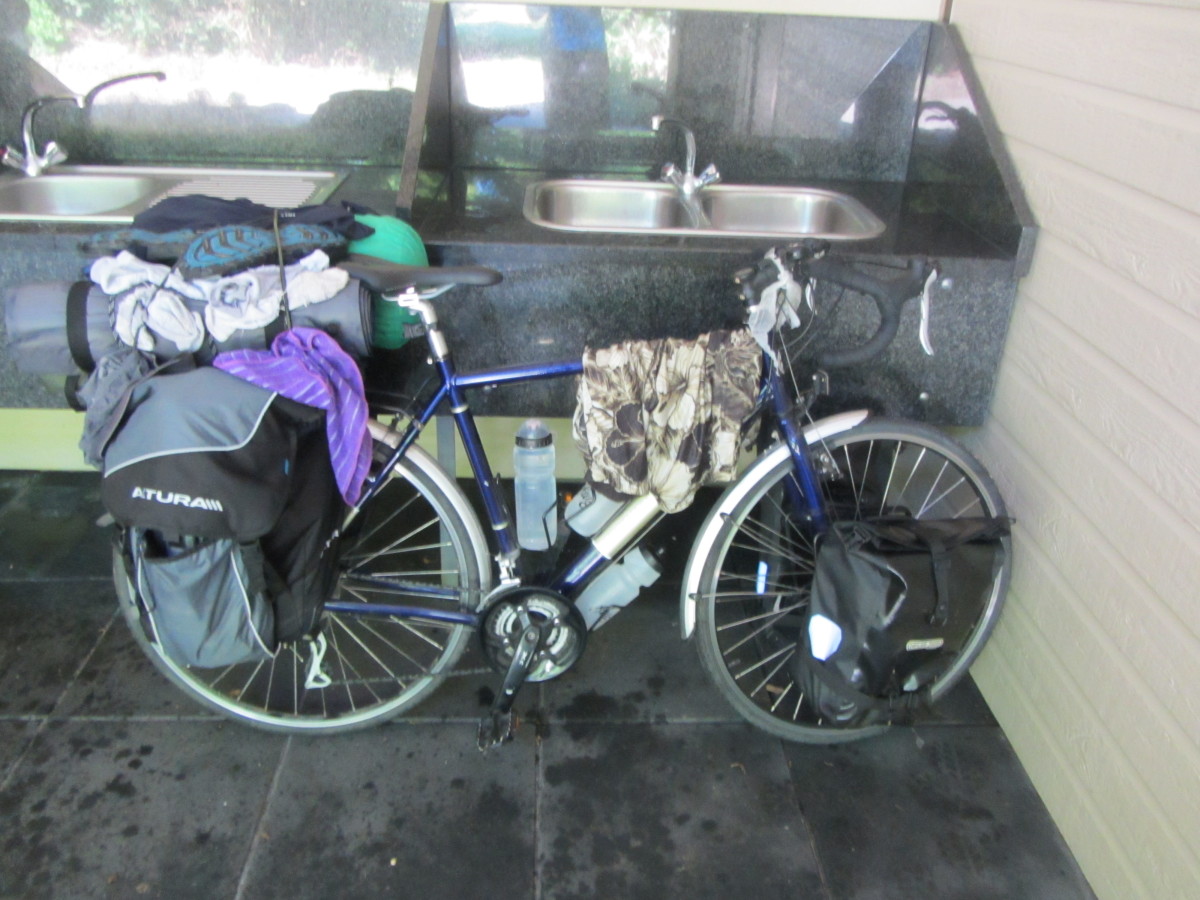11 Tips For Managing Money While You Travel
Travel longer, go further, spend less. These 11 basic money-managing tips will help you stay on top of your budget while you travel.
This blog post is written for the #DoYouIndie challenge.
Saving, Managing, and Spending Your Travel Money

1. Open a bank account with no (or small) international fees
Some credit/debit cards are better than others, especially when it comes to travel. Cards with no (or low) international fees will save you a significant amount of money.
Think about it. Every dollar adds up while you travel, and almost nothing is free. Those two dollar international fees may seem small, but if you're accruing them every time you spend it adds up faster than you might expect.
You're going to need to withdraw spending money, use a debit/credit card to pay for hotel/hostel, and have a credit card ready for emergencies. Do your research in advance and know what your bank is going to charge you. Some banks refund fees, other charge higher fees in certain countries—so it's important to know what you're getting yourself into.
Some banks that fit the bill are:
- CapitalOne 360
- Charles Schwab Bank Visa Platinum debit card
- Citibank (if you’re visiting countries with Citibank ATMs)
- First Republic Bank - ATM Rebate Checking account
- TD Bank - Charges a flat $2.50 for ATM withdrawals
2. Set up banking online and through your phone via your bank’s app
You can't visit Bank of America when you're in Australia. Luckily, that's what the internet is for! Online banking for travel is important for two main reasons.
- You need to be able to keep track of your spending.
- You need to be capable of paying the bills you've left at home.
Access is key. Unfortunately taking a vacation doesn't mean you can leave all your expenses and responsibilities behind. Luckily online banking makes managing on the go a piece of cake, so you can go back to eating cake or tapas or gelato... whatever food groups your travels may feature.
3. Remember to inform your bank you’re going abroad
Think of your bank like an overbearing mother. If it spots something out of line, say a sudden influx of spending in Germany (when you are most definitely not from Germany) it's going to start paying attention.
If you don't tell your bank you're going abroad you might find yourself without access to your money at the most inopportune moment. It isn't so easy to buy a train ticket without your credit card. And it's—unfortunately—much more difficult to reopen your bank accounts when you can't drive down to your bank to sort it out. Plus, take my word for it, you really don't want to face international fees so you can call your bank.
4. Bring a spare card just in case
If the worst happens and you do lose access to your bank account, don't stress. You've thought ahead and brought a spare. A spare card (stacked with backup funds, I recommend at least $1,000) can keep you moving while you're busy sorting out your bank problems. Ideally you'll never have to use it, but it's best to be prepared.
5. Have a backup fund for when something goes wrong
This is the money that goes along with that back up card. Set aside at least $500—ideally $1,000—for emergencies.
How much money will you need?
6. Set a budget or at least spending caps
It's hard to have a day-to-day budget while you're traveling. Most of the time your costs are different every day. One day you're trying to visit 6 museums in 6 hours, the next you're laying on the beach. One day is rather expensive, one is not.
That said, you should set limits to avoid spending all your trip money in your first week. How you set this budget is really up to you.
You should budget depending on what works best for you. Many people budget by location. For example "I can spend $600 in Spain because costs are higher, but only $200 in Thailand." Do your research and set some spending caps!
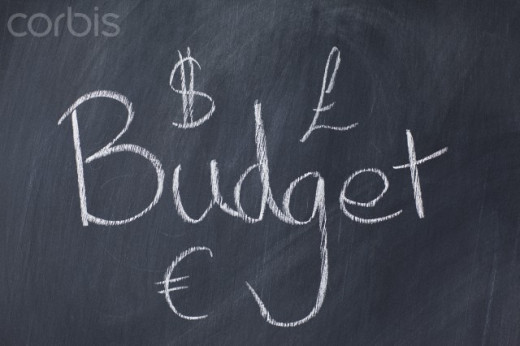
6. Get a budgeting app to keep track of where you spend your money
Popular budgeting apps:
- Mint - This is my personal favorite and recommendation. The interface is really clean and easy to use, and it provides nice visuals to judge your spending at a glance.
- GoodBudget - These budgets are based on cash flow. In actuality this is the perfect app for budgeting in your daily life as well as while you travel. It adjusts well for irregular spenders (heyo travelers).
- Trail Wallet - This is an easy expense tracker designed specifically for travelers.
7. Know the exchange rate for the countries you’re visiting
This is one of the easiest things you can do before you leave. Exchanging your money abroad is a necessary travel step, and one that can be easily blundered. Luckily, ensuring you're getting the right exchange rate is even easier. Just Google dollar -> Euro exchange rate (or whichever currency you need) and check out the current rates. If you just accept the exchange rates that money exchanges on the street tell you, you'll probably get ripped off at least a little.
Knowing your exchange rate also effects your ability to budget for your trip. If you're going to London from the US the exchange rate isn't in your favor and you need to budget more. If you're going to Hungary from the US the exchange rate is in your favor and you don't need to budget as much.
8. Use reliable ATMs
Some ATMs may be empty. Some may have criminal intent. Some just have really high ATM fees. It's important to know where the reliable ATMs are.
Ask your hostel for recommendations or use the ones in your hostel/hotel or the airport.
9. Keep your money safe
Money safety is an important element of travel. You can plan as much as you want, but if you fail to protect your money and it gets stolen it'll all be for naught.
My top 3 easiest money safety tips are:
- Protect your wallet while you’re out and about, keep it in your front pocket
- Stay at a hostel with a safe or lockers
- Bring a lock
10. Always carry cash
Some cities (or even countries) aren't big fans of the credit card. So it's important that you always have at least some cash on hand.
Use cash in small stores and restaurants even if they allow the use of card, they usually have to pay fees on card transactions. It's much kinder and just as easy for you as paying with card is.
11. Be responsible
Think your money decisions through. Decide why you're spending money on things. Is it memorable? Is it worth it? If it is, then spend the money. Some adventures are once in a lifetime.
Just don't spend recklessly. Don't leave your money lying around and don't think the rules have changed just because you're traveling. Your bills will still be waiting for you when you get home and the more you spend in one place is less you can spend in the next.
